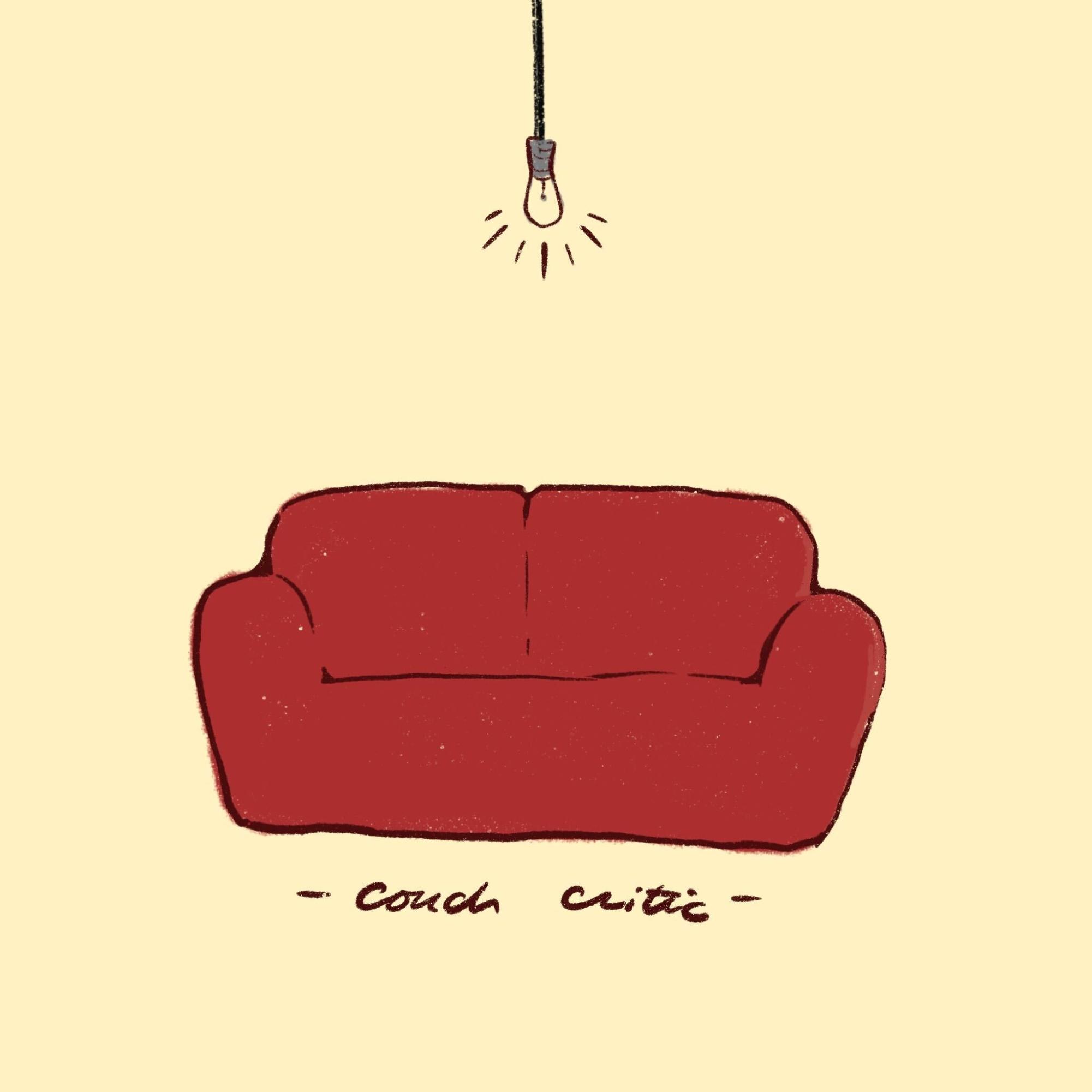Couch Critic // ‘Idiocracy’: Timely satire or prophetic writing


Coming off the heels of one of our nation’s most trepidatious election cycles, many of my classes devoted time to acknowledge the obvious — Donald Trump is the 47th president-elect of the United States. In one of these classes, a professor of mine recommended the comedy “Idiocracy,” suggesting it might resonate with students who feel less than confident about the direction of executive power in this country.
With time to spare and interests to satisfy, I took this recommendation to heart and spent an afternoon watching “Idiocracy.”
At its core, Mike Judge’s 2006 satirical comedy envisions the dystopian future of 2505, satirizing the influence of media, consumer culture and anti-intellectualism. The film is predicated on the theory that less intelligent people tend to reproduce at a higher rate, gradually deteriorating the intelligence levels of the global population. Fast-forward 500 years and this theory has fully manifested — society is in ruins, and nearly everyone is, quite simply, an idiot.
On track to decline into extinction, this dystopia’s doomed trajectories are interrupted when Joe Bauers, an average volunteer for a failed government experiment, is accidentally frozen in time. Intended to be preserved for just a year, Joe wakes up 500 years later to find himself in a grotesque caricature of society’s present self. Quickly recognized as the world’s smartest man alive, Joe’s newfound intellect thrusts him into the burden of solving the world’s greatest problems.
While intended to be a humorous exaggeration of 21st-century anxieties, “Idiocracy” offers a disturbing glimpse at many contemporary issues. Hear it from the director himself, referencing the 2016 political climate.
“I didn’t want ‘Idiocracy’ to get popular by the world getting stupider faster,” Judge said. “I guess I was 450 years off!”
What sets “Idiocracy” apart from the dystopian genre, such as “1984” or “Brave New World,” is it emphasizes the dangers of collective incompetence rather than the oppressiveness of the state.
The film warns against a looming dependency on technology — a message that feels even more relevant nearly 20 years later, where we now live in a world that has more cell phones than it has people. In the film, the characters rely on technology for convenience rather than for knowledge. The 2505 society uses technology to automate almost every aspect of life, including its healthcare systems.
When Joe Bauers, the protagonist, is taken to the hospital for his abnormal intelligence, the doctors rely on mechanized, shallow solutions. Instead of using reason, knowledge or diagnostics to assess ailments, the doctors simply press a button of a random pill dispenser. This film cautions that when technology is used as a crutch for society, we run the risk of losing our ability to think critically. Judge shows the weariness for favoring a superficial quick fix over genuine expertise.
“Idiocracy” offers a sharp, unflinching critique of American corporatization and its impacts on mass consumerism. One of the more obvious critiques of corporate power is the fictional energy drink Brawndo — a company that holds the global economy in its clutches. Brawndo markets its electrolytes as the cure-all for every problem, including agricultural irrigation.
Dominated by Brawndo’s influence, the farmers replace water with energy drinks — leading to a world-wide agricultural disaster. Brawndo demonstrates how marketing and advertising can dominate a society to the point of absurdity. While the movie is an extreme example, it’s not too far removed from the world we know now. Real-world corporations, such as PepsiCo, wield substantial influence over the global market and profit from impressionable consumers despite robust evidence of its potential harm.
Brawndo was not the only conglomerate giant the film mocks. The film’s pronounced portrayal of Fox News represents the broadcast as a hyper-simplified and nonsensical source of information. In the world of “Idiocracy,” Fox News is the only news outlet, and its programming is pure infotainment, prioritizing profit, image and political agendas over truth or factual accuracy.
It is a transparent critique of how media outlets can contrive international unrest to a mess of disinformation with little regard for accuracy or critical thought. Many speculate that the film’s criticism of its own distributor, 20th Century Fox, might explain why it received minimal advertising and marketing support from the studio — a potential reason for its box-office flop.
After informing the government to water the crops with water and solving the agricultural crisis, Joe Bauers becomes the vice president. He is elected with the hope of him saving the world. In his inaugural speech, Joe grows nostalgic about 2005, telling the people of 2505 that this was once a world where people read books, created meaningful art and valued knowledge. In an optimistic spirit, Joe says, “I believe that time can come again,” and warns that they never lose sight of these values. Nearly 20 years after its release, Joe’s sentiments are reflected today, especially in the wake of President Joe Biden’s recent White House address. Biden, too, calls on the people’s ability to stay resilient, saying, “Setbacks are unavoidable, but giving up is unforgivable.” Like the fictitious government of 2505, Biden reminds the United States to remain confident in the face of adversity.
Recent Posts
Notes From an Average Girl // Notes on Book Banning
In this edition of Notes From an Average Girl, senior staff writer Madeline Milchman writes…
To Be Honest // Yup, it is that damn phone
In this edition of To Be Honest, staff writer Evin Verbrugge writes about her phone…
Meaning at the Movies | Portraying Toxic ‘Adolescence’
In this edition of Meaning at the Movies, staff writer Lauren Deaton explores the mini-series…
Opinion | Climate change requires radical, immediate action
Contributing editor Emma Hannan talks about the effects of climate change and the actions cities…
Jaland Lowe enters transfer portal, becomes fifth Panther to jump ship
On Tuesday morning, it was announced on X that Pitt sophomore guard Jaland Lowe was…
College Democrats and Republicans debate pressing political topics
Around 100 students gathered to watch Pitt’s College Democrats and College Republicans debate a variety…
